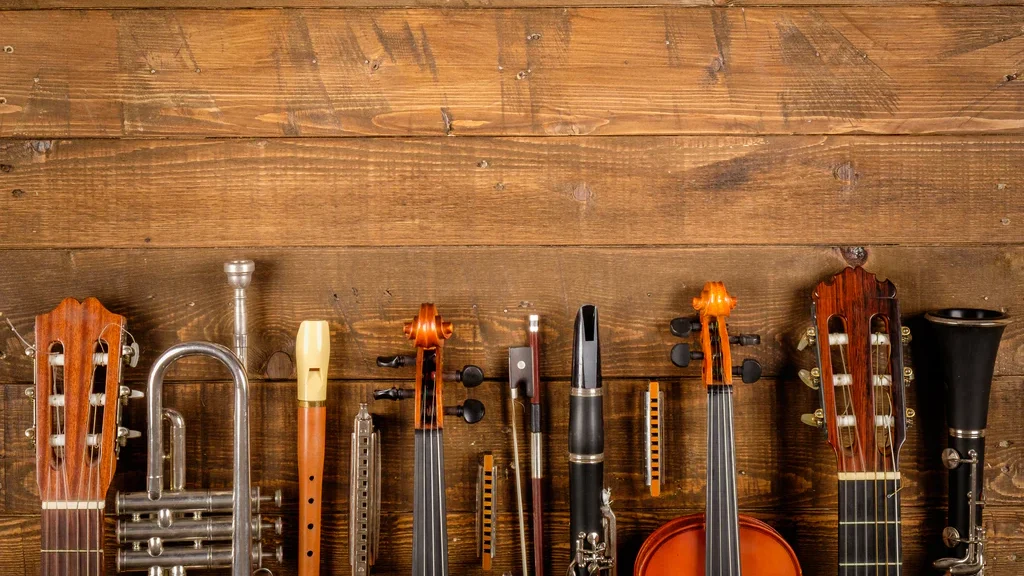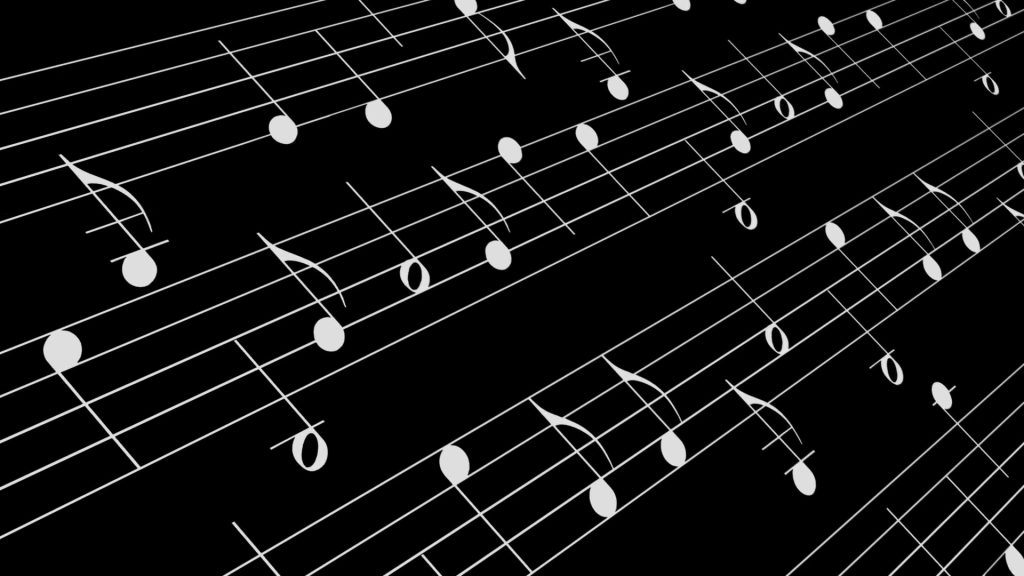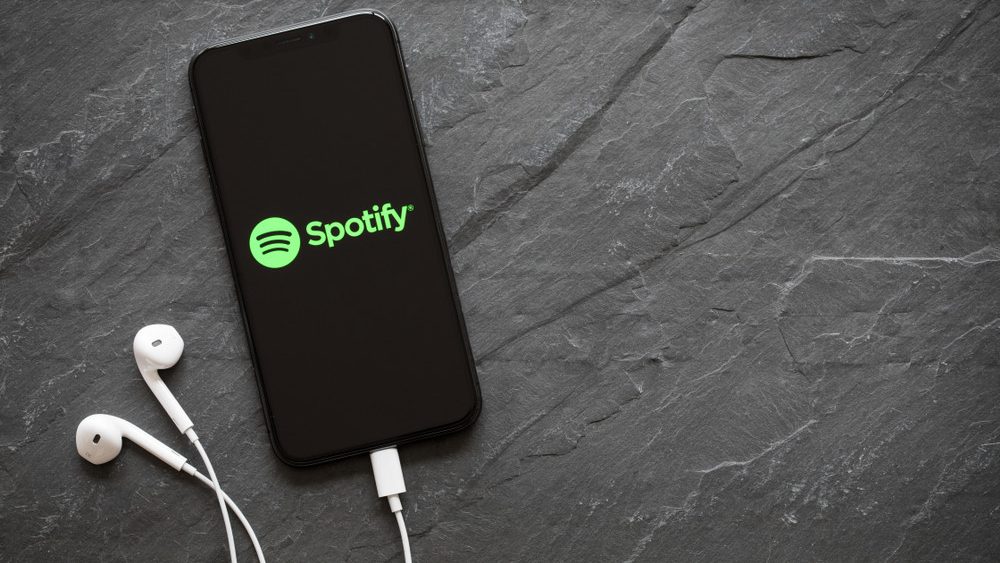Music has always held a special place in our lives, from our teenage mixtapes to the background tunes we play during daily chores. However, recent research suggests that music can do more than boost our mood temporarily – it can be a form of medicine. This emerging field, known as “music medicine,” explores how curated playlists can become a prescription for various common ailments.

The healing power of music isn’t a new concept. Ancient scriptures tell us of King Saul, who found solace and relief from depression through the soothing melodies played on a lyre by David. This ancient wisdom laid the foundation for today’s research into music’s therapeutic potential. Distinguishing between “music medicine” and “music therapy” is essential. Music therapy involves active participation with a trained expert, while music medicine is simpler – it’s about listening to recorded music on your own.

Research confirms that even passive listening to music can be effective in treating symptoms of depression, anxiety, insomnia, and physical pain. Incredibly, studies have shown that regular music sessions can lower blood pressure, reducing the risk of a stroke by 13%.

Music medicine operates through several mechanisms. While joyful tunes can uplift us, even melancholic music can have a healing effect by helping us accept our feelings without resistance. Physiologically, slower tempo tracks can synchronize brain activity, leading to a more tranquil mood and regulated biological processes.

To create an effective medicinal playlist, start with songs that match your current mood, then move toward compositions expressing a broader emotional range. Conclude with a piece reflecting the emotional state you want to achieve – known as the “iso principle.” This approach can provide perspective and insight, helping you avoid negative rumination. It’s crucial to understand that music medicine is not a substitute for professional mental health care, particularly for serious conditions. Instead, it complements traditional treatments and can be a valuable tool for enhancing resilience to life’s stresses.

Learning about this research has rekindled your passion for music. Instead of considering it a mere distraction, you can now see it as an essential form of self-care. During a recent family crisis filled with guilt and grief, you can now find solace in the music of Anohni. Her contemplative songs, blending sadness and hope, acted as a soothing tonic, allowing you to find moments of peace amid the turmoil.






GIPHY App Key not set. Please check settings